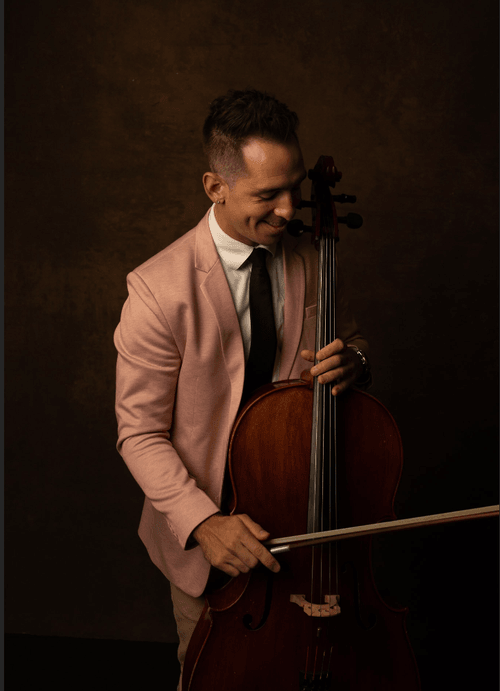We were lucky to catch up with Dan Radin recently and have shared our conversation below.
Dan, thanks for joining us, excited to have you contributing your stories and insights. Have you been able to earn a full-time living from your creative work? If so, can you walk us through your journey and how you made it happen? Was it like that from day one? If not, what were some of the major steps and milestones and do you think you could have sped up the process somehow knowing what you know now?
I’ve been a full-time artist for a year and a half now. Prior to playing music full-time, I was in tech sales for almost a decade. It was actually Oracle that formally brought me to Austin in 2015 after grad school. After earning degrees in marketing/music, and then getting a masters in healthcare policy and management, I sold marketing and data center solutions to enterprises for companies like Oracle, Pluralsight, and Adobe.
Throughout my tech career, I moonlit as a musician. I’d often put in a full day and then go play a 3 hour bar gig, and hit the studio for some session work on the weekends. Developing dual careers was a lot to handle sometimes, but I had my eyes on the long-term vision of pivoting entirely to music.
People ask all the time how I made the jump, and the answer is pretty simple: commit to finishing a massive volume of work. I took absolutely every opportunity I had to play: dive bars, grad parties, home recording sessions, busking- you name it. At first, I played for free, or for very little money. Most people overvalue what they can provide and want monetary compensation. The best pay at that stage is experience. As I got busier, I got better. And as I got better AND busier, I was able to ask for more money because others saw my value increasing. Music, like anything else in business, is shaped by economics 101: supply and demand.
Things REALLY exploded when I leaned into my strengths and found my multi-faceted niche. I played an in-demand instrument (cello), played it unlike anyone else (by ear and improvising), in a style that not many other cellists played (rock and popular music), and also sang and wrote my own songs. Once I developed and marketed these skills, we’d launched the rocket.
My current focus is diversifying my income streams so I don’t have to gig as hard (I’m playing about 5-8 gigs a week). The next step for my business is doubling down on my solo songwriter career and building a community online.
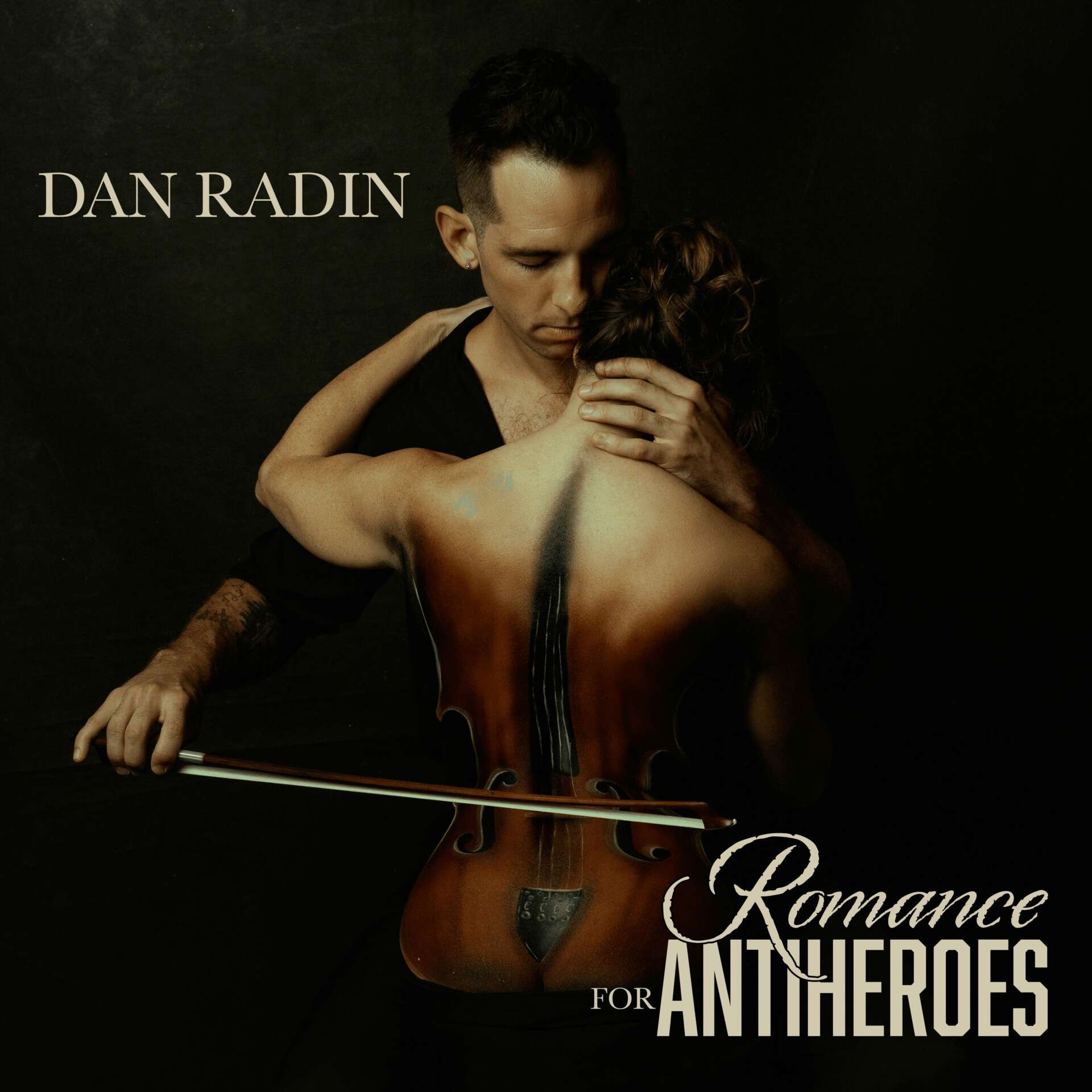
Awesome – so before we get into the rest of our questions, can you briefly introduce yourself to our readers.
I’m a classically-trained singer-songwriter who’s on a mission to redefine the role of cello in popular music.
I first took cello lessons in elementary school, which grew into playing in school orchestras, string quartets, city-wide youth symphonies, wedding bands, and musical theatre pits. In college, I continued my education by earning a music minor, playing in the University of Pittsburgh Symphony Orchestra, and studying further while I was at Carnegie Mellon for grad school. It was around this time I started playing with rock and folk bands, and learning how to play by ear.
This led me into playing with rock and folk bands, and ultimately into the studio to play popular music with songwriters that needed strings. I play very often with acoustic groups and singer-songwriters, and being a singer-songwriter myself, I can bring an artist and producer’s ear to the table when working on someone else’s song.
This year, I decided to branch out from just working on other artists’ projects into my own solo work. I just put out my debut solo album in May, titled “Romance for Antiheroes.” It’s acoustic rock infused with strings, fronted by a singer-songwriter who doesn’t mind baring all in his lyrics. No two people will ever describe it similarly, but the best description I’ve heard is “John Mayer with a cello.”
At 33 years young, I’m most proud that I’ve started to find my voice as a creative. By being myself, I’m connecting with others and feeling more secure in my path than I’ve ever been in my life. I absolutely live for the moments that people say, “wow, there’s nothing else like you out there.” And that happens multiple regularly now.
Even if there were a ton of other singing cellists: nobody writes like me. This is my own singing voice. And the style of playing stands on its own. I’m carving my own path as my own entity.

We often hear about learning lessons – but just as important is unlearning lessons. Have you ever had to unlearn a lesson?
The best part of classical music education is undoubtedly the premier training for building technique and chops. However, the culture of formal education really rubbed me the wrong way. There was always a right and a wrong and an obsession with perfection. Drilling, scales, exercises, repeating passages, auditioning. I walked away from my practices most days not feeling “good enough.”
I’ve had a very love-hate relationship with cello for most of my life because of the intensity of my training. It was more of an athletic endeavor and mental stamina test than musical enlightenment. It built a resentment. With the exception of formal rehearsals and concerts, I stepped away from cello for a few years. I was good enough that I could just get away with giving the minimum in the orchestras I played in, but I truly didn’t make an effort for a very long time.
Cello came back into my life when I stopped assigning expectations and started writing my own rules. A friend encouraged me to play cello in the folk band he was forming, which swiftly took cello from black-and-white classical music into a genre I was actually familiar with and loved. It was the rebirth I needed that saved my relationship with music.
Rules create structure. But they’re also the breeding ground for anxiety, overwork, and resentment. Playing with the folk band, I had to let go of everything I knew about “right and wrong” notes and techniques, and play what I felt called to play as an artist. Being freed from restriction of classical music is the most important thing that could have happened in this journey.

Are there any books, videos, essays or other resources that have significantly impacted your management and entrepreneurial thinking and philosophy?
There are a million things that I brought with me from the business world to my music career. It’s obviously known as one of the greatest books of all time now, but “The 4-hour Workweek” by Tim Ferriss still holds up. It’s all about efficiency: gaining the most output for exerting the least input.
In entrepreneurship, you don’t have the time or financial resources to do everything you want to do. You have to get really good at understanding the opportunity cost of doing a task yourself vs managing cashflow. Prioritizing and managing to-do lists helps you understand what you can get done yourself, and what you can give to someone else. The two ways to scale are delegating and automating. That’s it. Buy a paper planner with a daily timeboxing section and you’ll use your minutes better every day.
The other resource that no entrepreneur should sleep on is Gary V. Whether or not you hate hustle culture, there are few other people as well-rounded in psychology, emerging technology, marketing and content management, and general life perspectives as he is. Gary’s daily podcast offers quick hits for mindset conditioning, while some of his keynotes and meeting recordings offer more tactical advice. Much of what I learned in business school and in tech is reaffirmed by how Gary approaches his entrepreneurship.
Contact Info:
- Website: https://www.danradinmusic.com
- Instagram: https://www.instagram.com/itsdanradin
- Facebook: https://www.facebook.com/itsdanradin
- Linkedin: https://www.linkedin.com/danielradin5
- Youtube: https://www.youtube.com/@itsdanradin
- Other: Spotify: https://open.spotify.com/artist/27QZzv0GjqZ2Ly0Va3gcID?si=nzxAkSSHSRK7LKCRpjwIyA
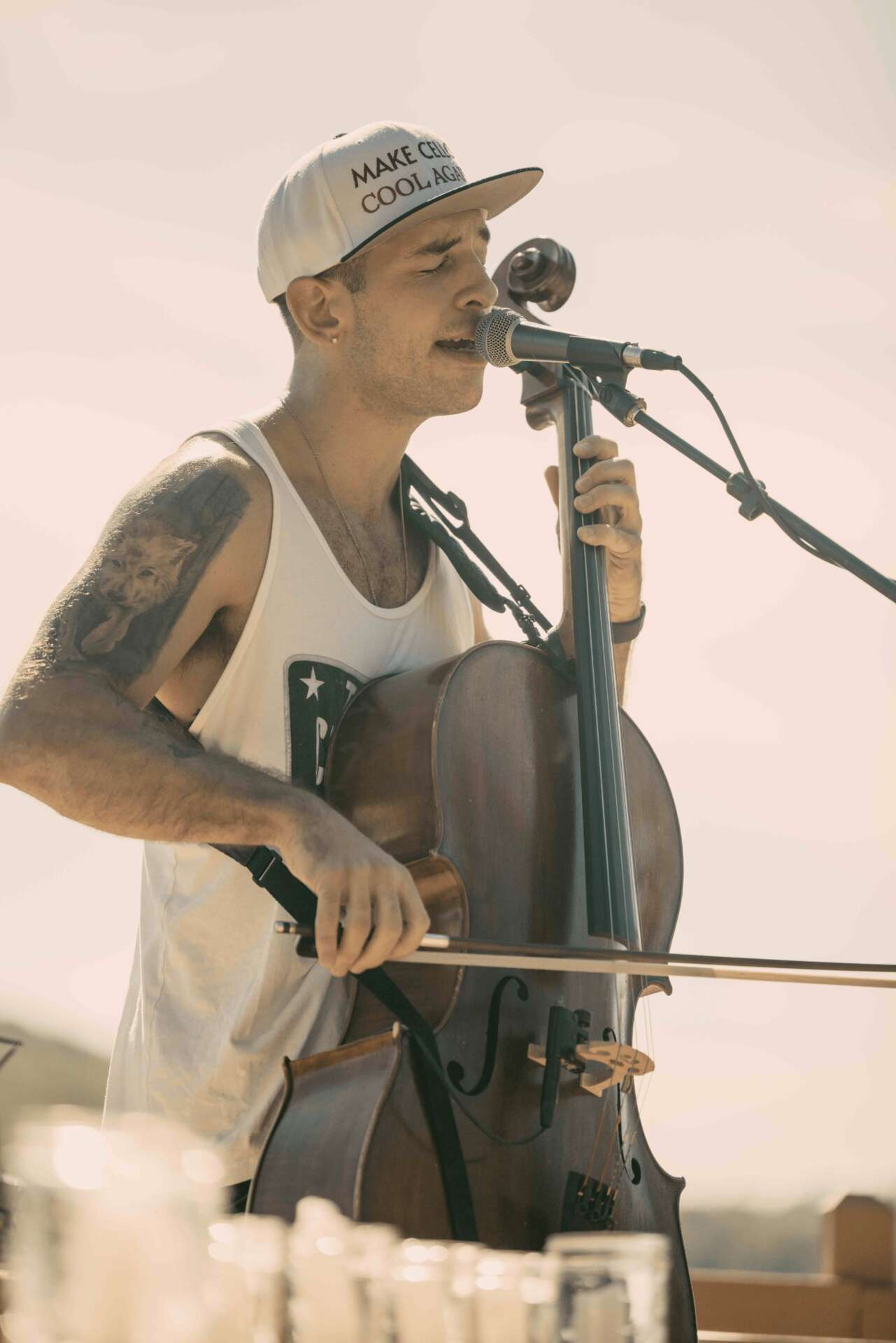
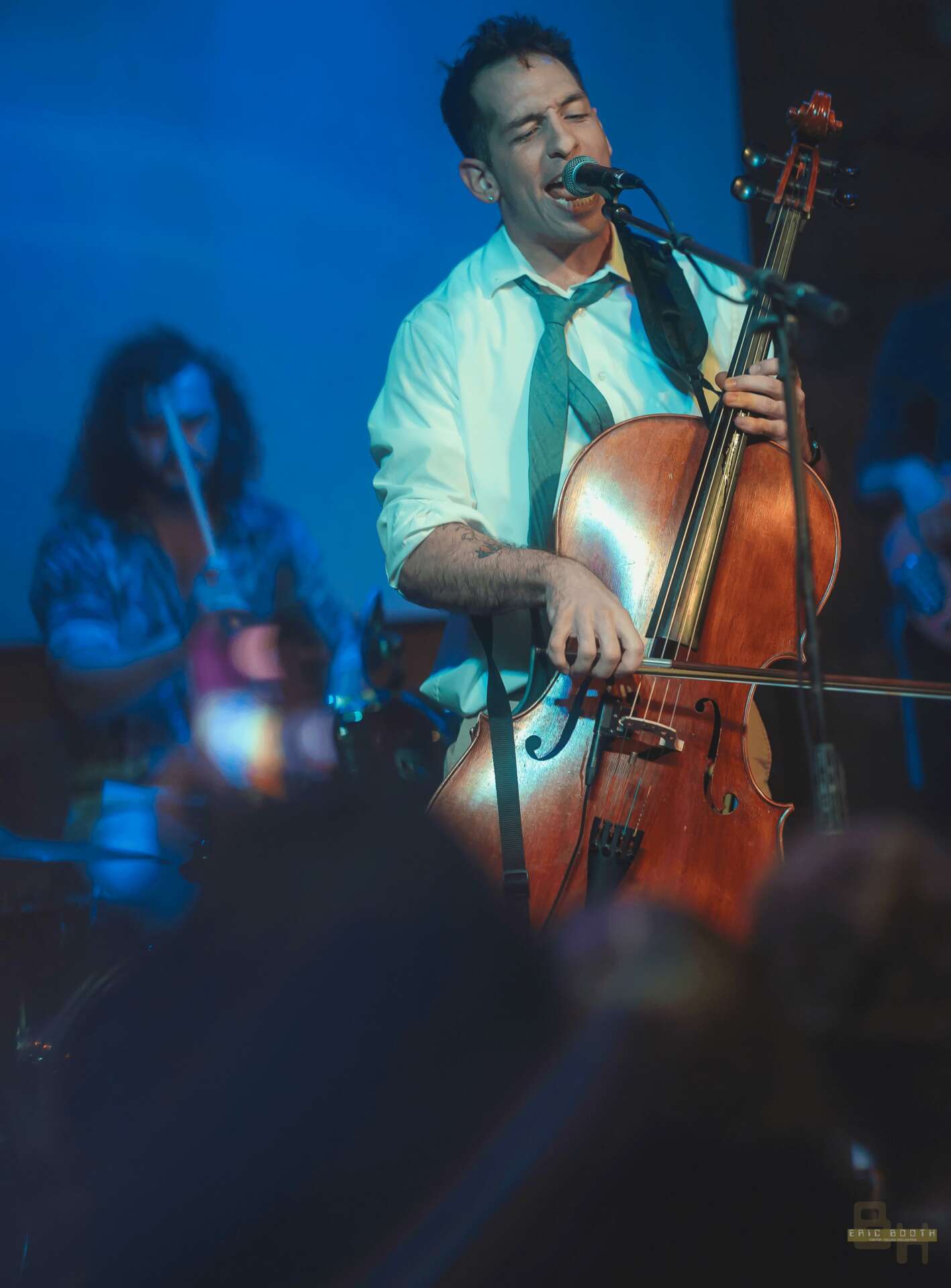
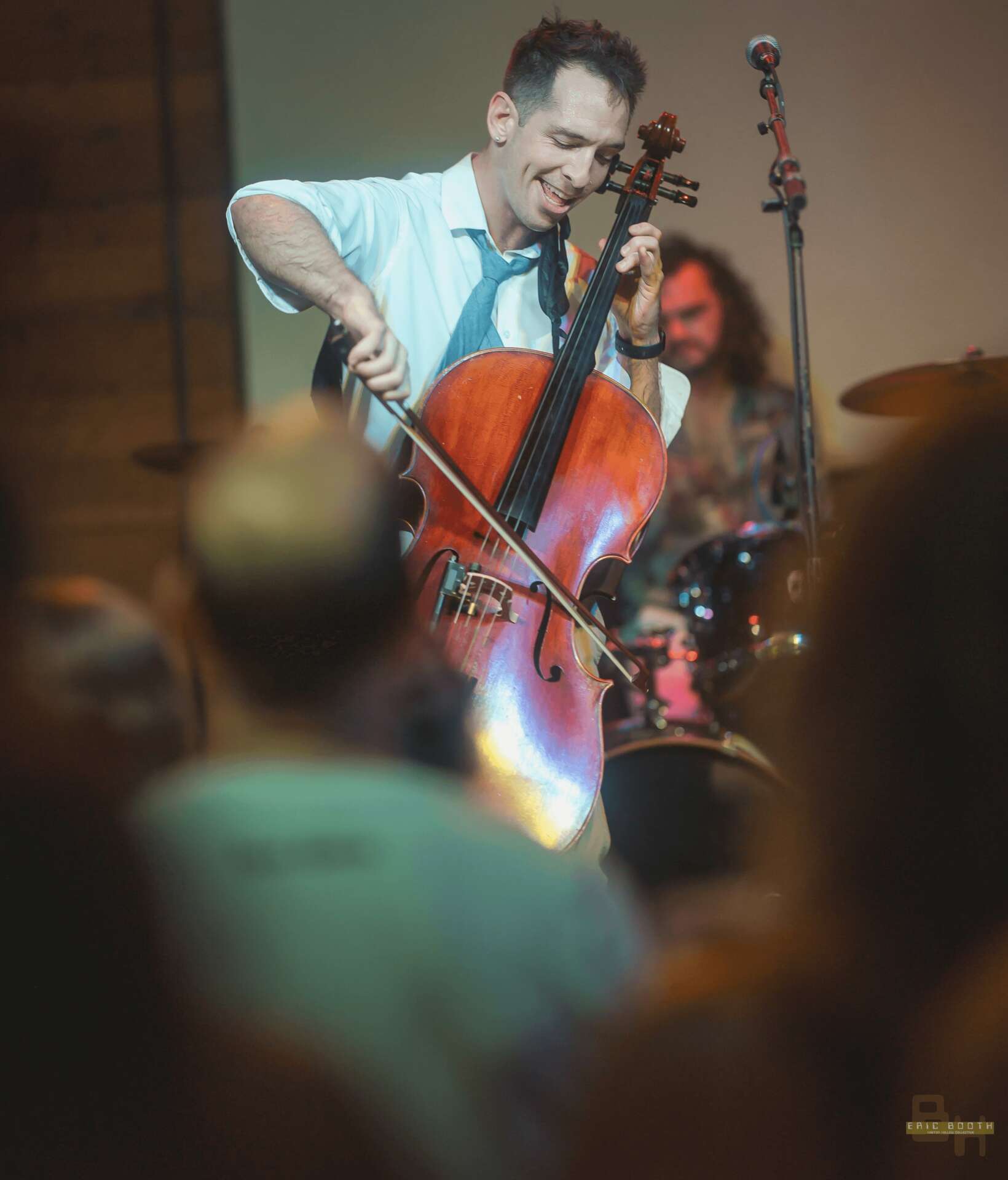
Image Credits
Eric Booth
Liz Pappas
Bill Mullarky
Candice Ghai Photography


